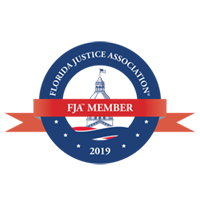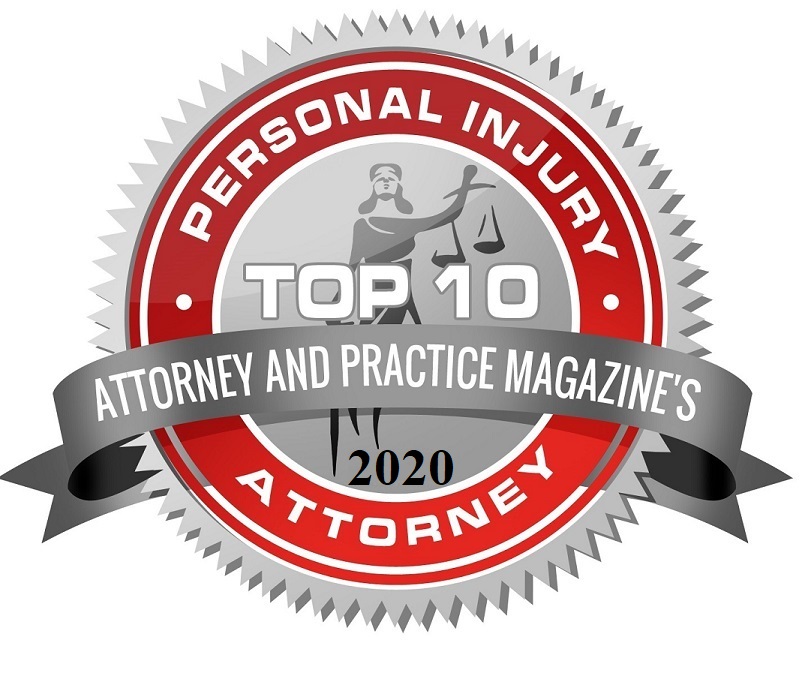Slip and fall accidents are among the most common personal injury claims in Florida. These accidents can occur in a variety of settings, including grocery stores, restaurants, parking lots, and even private residences. When a person suffers a slip and fall due to unsafe conditions on another’s property, it often leads to a legal battle to recover compensation for the injuries sustained. Examining past successful slip and fall cases in Florida provides valuable insight into how such claims are approached, the legal challenges involved, and what ultimately contributes to a favorable outcome for the injured party.






Understanding Slip and Fall Lawsuits in Florida
Slip and fall lawsuits fall under the broader category of premises liability law. In Florida, property owners are responsible for ensuring their premises are safe for visitors. If dangerous conditions exist and an individual is injured as a result, the property owner may be held liable. However, proving liability in these cases can be complex. Florida law requires plaintiffs to demonstrate that the property owner was negligent in maintaining the property. This often involves showing that the owner knew or should have known about the dangerous condition and failed to address it in a reasonable timeframe.
Successful slip and fall lawsuits in Florida typically hinge on a few key elements. First, the injured party must prove that the property owner owed them a duty of care. Next, it must be established that the owner breached this duty by allowing a hazardous condition to persist. Finally, the plaintiff must show that this breach directly caused their injury. The specific facts of each case play a critical role in determining the outcome.
The Importance of Evidence in Slip and Fall Cases
One of the most critical factors in a successful slip and fall lawsuit is the availability of strong evidence. In many cases, the injured party may struggle to remember specific details about the accident due to the shock and confusion that often accompanies a fall. However, solid evidence can help bridge these gaps and paint a clearer picture of what happened.
Surveillance footage from security cameras can be instrumental in demonstrating the conditions at the time of the fall. Photos taken immediately after the accident are also valuable in documenting the hazardous condition that led to the injury. Witness testimony from those who saw the fall or who can attest to the state of the property is another crucial piece of evidence. Additionally, medical records that detail the extent of the injury provide important proof of damages.
In several successful Florida cases, it was the quality of the evidence that tipped the scales in favor of the plaintiff. For instance, in a case where a customer slipped on a wet floor in a supermarket, security camera footage revealed that employees had been aware of the spill but did not clean it up in a timely manner. This evidence was key in proving the store’s negligence, leading to a favorable settlement for the injured customer.
Comparative Negligence in Florida Slip and Fall Lawsuits
Florida operates under a legal doctrine known as “comparative negligence.” This means that the injured party’s own actions may be taken into account when determining liability. If the plaintiff is found to have contributed to their own injury in some way, their compensation may be reduced proportionally. For example, if a person was texting while walking and failed to notice a visible hazard, the court may determine that they are partially at fault for the fall.
In successful cases, plaintiffs often demonstrate that their actions did not contribute significantly to the accident. In one case involving a woman who slipped on a puddle in a department store, the defense argued that she should have been more careful. However, evidence showed that the puddle was not visible to customers, and there were no warning signs in the area. The court ultimately found the store to be fully liable for the woman’s injuries.
Proving Negligence in Florida Slip and Fall Cases
One of the most challenging aspects of any slip and fall lawsuit is proving negligence on the part of the property owner. Florida law requires plaintiffs to prove that the property owner either created the dangerous condition, knew about it, or should have known about it through regular inspections.
In a successful case involving a restaurant, a patron slipped on spilled food near the buffet area. The restaurant attempted to argue that they were not aware of the spill and that it had occurred only moments before the accident. However, during the trial, it was revealed that the restaurant had a history of failing to maintain a clean and safe environment in the buffet area. The restaurant’s failure to conduct regular inspections of the area was deemed negligent, leading to a favorable outcome for the injured patron.
Another example of successful litigation involved a man who slipped and fell in a poorly lit parking lot outside a shopping center. The plaintiff’s legal team argued that the shopping center had failed to provide adequate lighting, which made it impossible for patrons to see potential hazards. The court agreed, ruling that the property owner had a duty to ensure the safety of the parking lot and that the lack of lighting was a contributing factor to the fall.
Damages Awarded in Florida Slip and Fall Lawsuits
In successful slip and fall lawsuits, plaintiffs may be entitled to a range of damages. These damages typically cover medical expenses, lost wages, and pain and suffering. In cases involving severe injuries, such as broken bones, traumatic brain injuries, or spinal cord injuries, the compensation awarded can be substantial.
In one Florida case, a woman who slipped on a wet floor in a hotel lobby was awarded significant damages due to the severity of her injuries. The fall resulted in a broken hip, which required surgery and extensive rehabilitation. In addition to covering her medical expenses, the court also awarded compensation for her lost income and the emotional distress caused by the injury.
Another notable case involved a man who slipped on ice outside of a commercial building. The fall led to a serious head injury, which required ongoing medical treatment. The property owner was found liable for failing to properly remove the ice or provide any warning to visitors. The plaintiff was awarded damages not only for his medical bills but also for the long-term care he would require as a result of the accident.
Choosing The Right Personal Injury Attorney Personal Injury Settlement TimelineRelated Videos
How Florida’s Statute of Limitations Affects Slip and Fall Claims
A critical factor in pursuing a slip and fall lawsuit in Florida is the state’s statute of limitations. The statute of limitations dictates the timeframe within which a lawsuit must be filed. In Florida, individuals who are injured in a slip and fall accident have four years from the date of the incident to file a claim. If a claim is not filed within this period, the injured party may lose the right to seek compensation.
In successful cases, plaintiffs often act swiftly to gather evidence and begin the legal process before the statute of limitations expires. For example, in a case involving a slip and fall at a theme park, the injured party took immediate action after the accident, which allowed their legal team to gather critical evidence while it was still fresh. As a result, they were able to present a strong case and secure a favorable settlement.
The Role of Legal Representation in Slip and Fall Lawsuits
While Florida’s slip and fall laws provide a clear framework for holding property owners accountable, navigating these legal waters can be challenging without experienced legal representation. Many successful slip and fall lawsuits owe their outcomes to the skill of the legal teams involved. Attorneys play a crucial role in gathering evidence, negotiating with insurance companies, and presenting a compelling case in court.
In one instance, a man who was injured in a fall at a public park initially struggled to obtain compensation from the city. However, after hiring a legal team experienced in premises liability, he was able to successfully argue that the city had failed to maintain the park’s walkways, leading to his injury. The case ultimately resulted in a substantial settlement that covered his medical expenses and rehabilitation costs.
Case Results
The complexity of these cases often makes legal representation essential for ensuring a fair outcome. Attorneys who focus on personal injury law understand the nuances of Florida’s premises liability laws and know how to build a strong case for their clients. In many instances, having an experienced legal team can be the difference between a dismissed claim and a successful lawsuit.
If you have been injured in a slip and fall accident, time is of the essence. Proving negligence and gathering the necessary evidence requires prompt action. Serrano Law has the experience and dedication needed to navigate the complexities of Florida’s slip and fall laws. Our team will work diligently to ensure you receive the compensation you deserve. Contact us today to discuss your case and take the first step towards securing justice.



